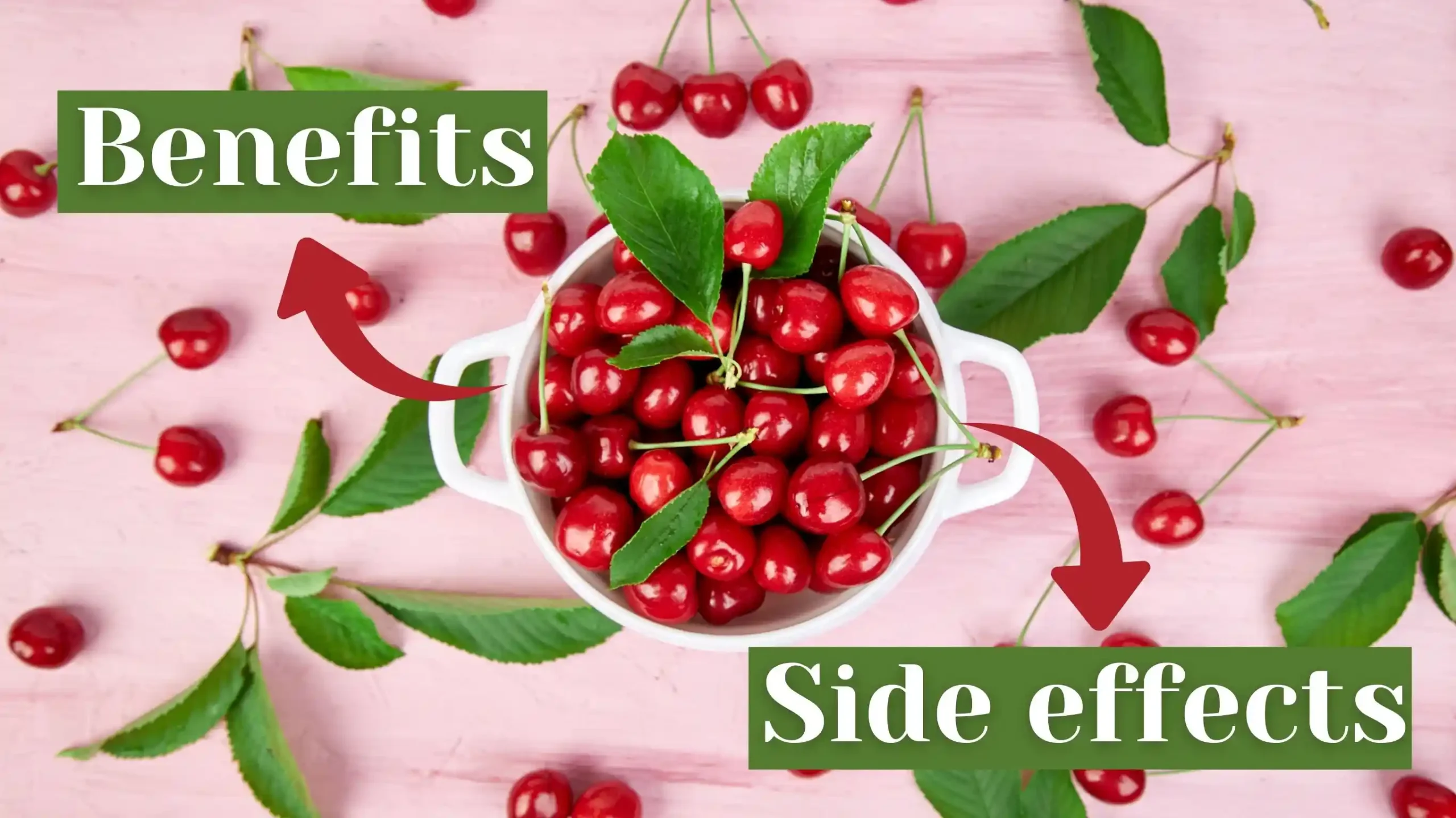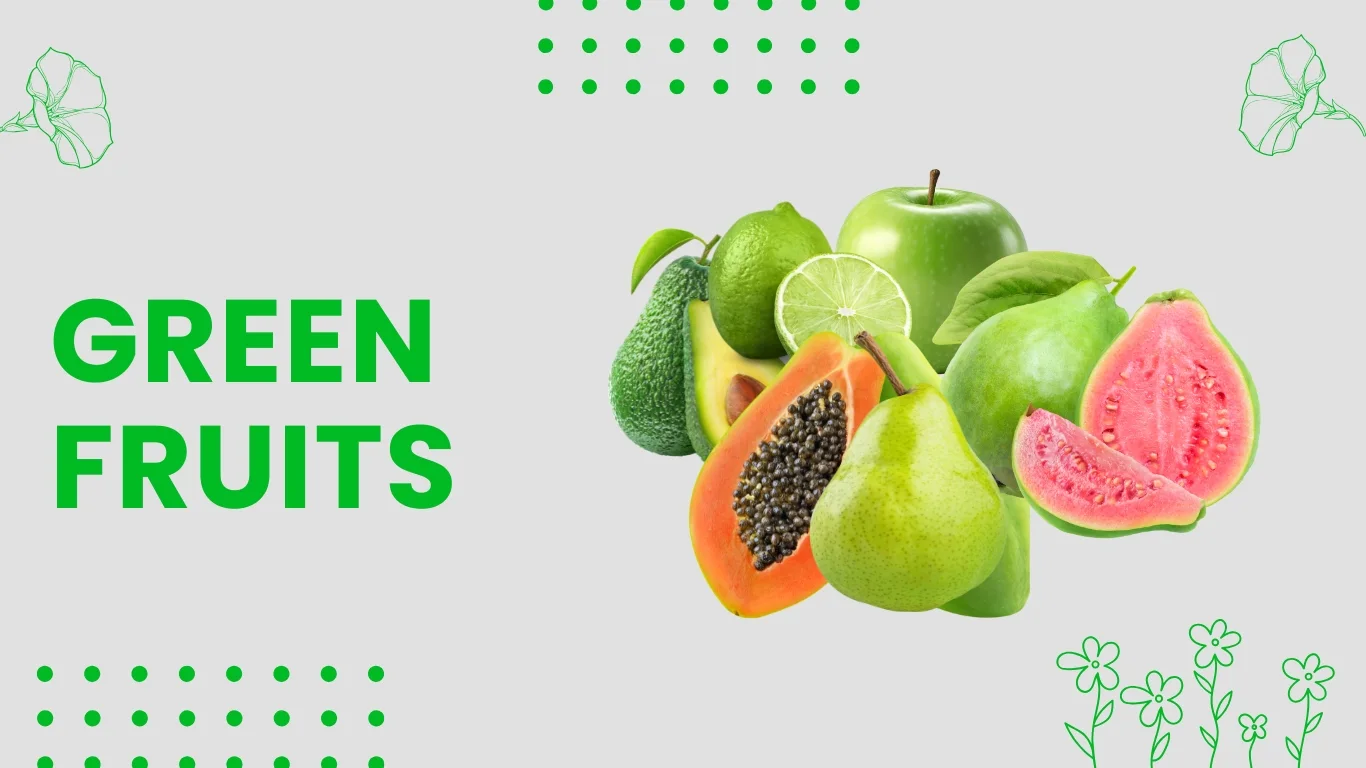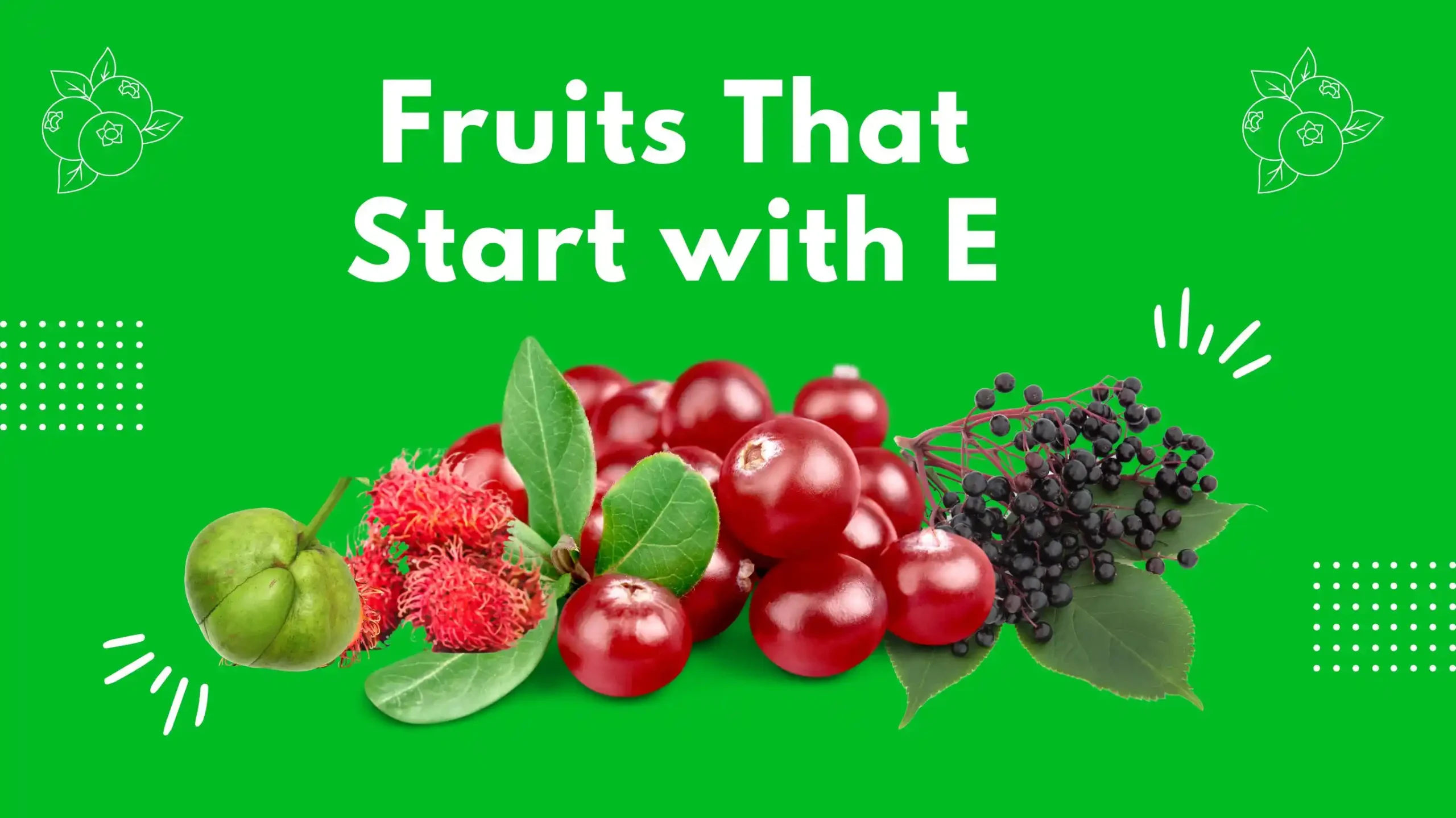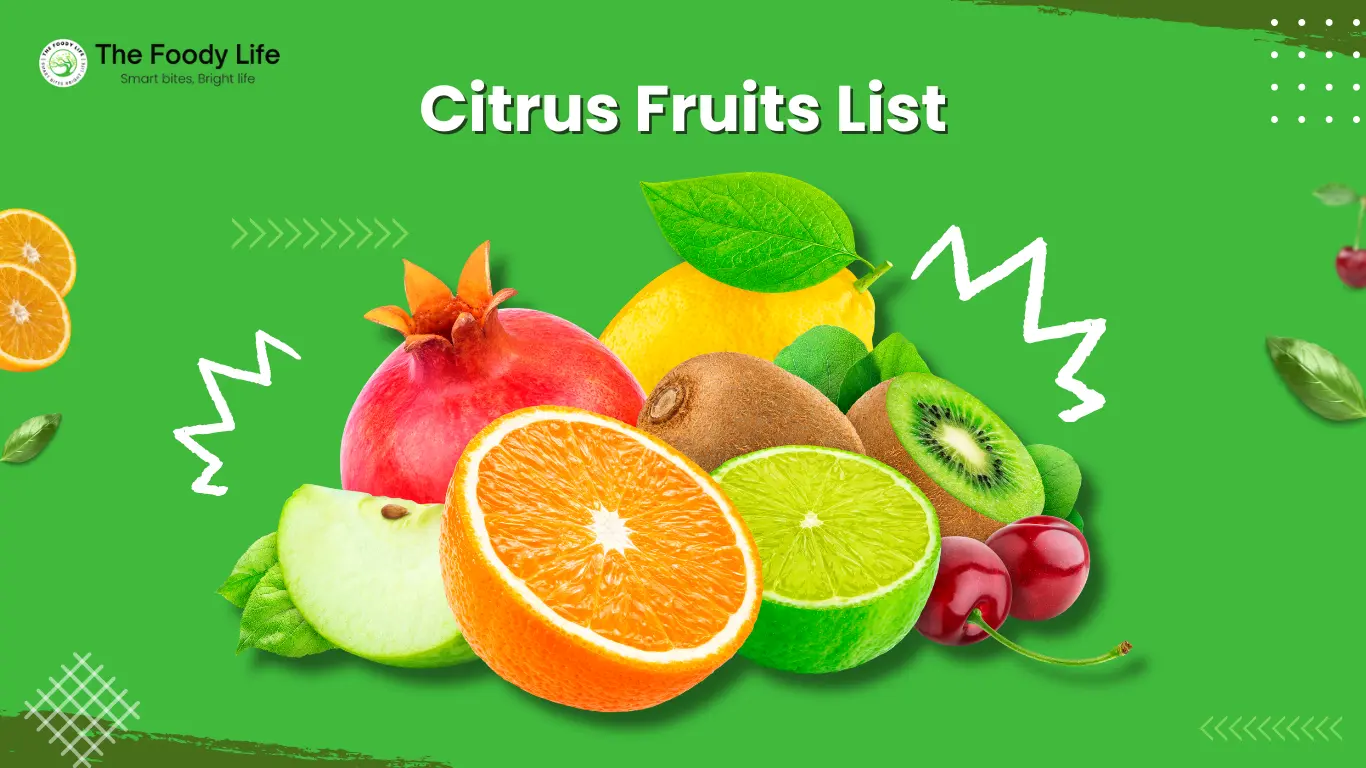Table of Contents
ToggleIntroduction
Winter may bring chilly winds and shorter days, but it also delivers a delightful bounty of seasonal fruits that can brighten even the coldest mornings. These winter fruits are not just delicious—they’re nature’s way of helping us stay healthy, energized, and warm during the frosty months. Fresh, flavorful, and packed with essential nutrients, they’re truly a seasonal gift worth celebrating.
There’s something magical about winter fruits. Whether it’s the tangy burst of a citrus fruit or the comforting sweetness of an apple, they bring vibrant flavors and colors to an otherwise muted season. But their appeal goes far beyond taste. Winter fruits are packed with vitamins, minerals, and antioxidants that help boost your immunity and keep your body nourished when it needs it the most. In this introduction, let’s explore what makes these fruits so special and why they deserve a place on your plate.
The Freshness Factor: Straight from Nature’s Season
One of the best things about winter fruits is that they’re in season, meaning they’re naturally at their peak in freshness and flavor. Unlike fruits that are grown year-round in artificial environments, seasonal winter fruits are nurtured in their natural cycles. This makes them taste better and ensures they’re packed with the nutrients your body needs during the colder months.
For example, the zesty tang of an orange or grapefruit feels like a burst of sunshine on a dreary winter day. These citrus fruits are harvested during the cold months, ensuring they’re at their juiciest and most nutrient-rich. They’re perfect for combating the dryness of winter and giving you a hydration boost alongside their vitamin-packed benefits.
Packed with Nutrients to Keep You Strong
Winter fruits are often rich in vitamins and antioxidants that are perfect for fighting off seasonal colds and keeping your energy levels high. Vitamin C, for instance, is abundant in fruits like oranges, grapefruits, and kiwis. This vitamin is essential for boosting immunity, protecting your skin from the harsh winter air, and keeping your body’s cells healthy.
Other winter fruits, like apples and pears, are packed with dietary fiber. Fiber helps maintain digestive health and provides long-lasting energy—something we all need during the shorter, darker days. Persimmons and pomegranates, on the other hand, are loaded with antioxidants that protect your cells from damage and even promote a healthy glow during the colder months.
Comforting Flavors for the Soul
Winter fruits are more than just healthy—they’re comforting, too. Imagine biting into a sweet, juicy apple on a frosty afternoon or savoring the refreshing tang of a grapefruit while the snow falls outside. The aromas of these fruits can be just as soothing as their flavors. A bowl of freshly peeled mandarins, for example, can fill a room with a delightful citrusy scent that instantly lifts the mood.
And let’s not forget their versatility. Winter fruits can be enjoyed in countless ways—whether fresh, baked, juiced, or incorporated into warm desserts. There’s something incredibly heartwarming about a baked apple sprinkled with cinnamon or a steaming cup of citrus-infused tea.
A Seasonal Gift Worth Celebrating
Winter fruits remind us that even in the coldest months, nature provides us with nourishment and delight. Their freshness, flavor, and nutritional benefits make them more than just food—they’re a gift to keep us healthy and comforted through the season. So, embrace these natural treasures and let their vibrant tastes bring warmth and joy to your winter days.
The Star Players: Winter Fruits and What They Do for You
Winter is a magical time for fruit lovers. While the season’s chilly winds and shorter days might tempt you to cozy up with comfort foods, it’s also the perfect time to indulge in fresh, seasonal fruits that bring warmth, nutrition, and flavor to your diet. Packed with vitamins, antioxidants, and natural sweetness, winter fruits are here to support your health and elevate your meals. Let’s dive into some of the star players of the season and explore how they can brighten your winter days.
1. Citrus Fruits: The Ultimate Immunity Heroes

When you think of winter fruits, citrus is probably the first thing that comes to mind—and for good reason! Oranges, grapefruits, lemons, limes, and tangerines are nature’s way of helping us stay healthy during the colder months.
Citrus fruits are famous for their high vitamin C content, which plays a vital role in keeping your immune system strong. During winter, when colds and flu are rampant, sipping on a glass of freshly squeezed orange juice or munching on a sweet tangerine can give your body the boost it needs to fight off infections.
But the benefits of citrus don’t stop there. These fruits are also loaded with antioxidants that help protect your skin from the harsh winter air, keeping it radiant and glowing. Plus, their zesty aroma and vibrant colors are like a dose of sunshine, lifting your mood when the days feel too gray. Try adding slices of lemon or grapefruit to warm water for a soothing morning ritual that hydrates and energizes you.
2. Pomegranates: The Fancy Superfruit
Pomegranates are the jewel of winter fruits—both in appearance and in nutrition. With their ruby-red seeds (called arils), these fruits bring a touch of luxury to any dish.
Rich in antioxidants, pomegranates help combat oxidative stress, which is linked to aging and chronic diseases. They’re also fantastic for heart health, as they may help lower blood pressure and improve cholesterol levels. But the benefits don’t end there. Pomegranates are a skin-loving fruit, too, helping to maintain elasticity and promote a healthy glow.
If you’re looking to incorporate pomegranates into your meals, the options are endless. Sprinkle the seeds over salads for a burst of flavor and color, mix them into yogurt for a satisfying snack, or simply enjoy them on their own. Even a few seeds tossed into your water can make hydration feel fancy and refreshing.
3. Apples: The Classic All-Rounder
You really can avoid the doctor by eating an apple a day. Apples are a timeless fruit that deserves its spot in the winter fruit lineup. Crisp, sweet, and packed with nutrients, they’re the ultimate grab-and-go snack.
One of the standout benefits of apples is their high fiber content, which aids digestion and keeps you feeling full for longer. They’re also a great source of natural energy, making them an ideal choice for a midday pick-me-up.
What’s more, apples are incredibly versatile. Pair them with peanut butter for a comforting snack, slice them into oatmeal for a cozy breakfast, or bake them with a sprinkle of cinnamon for a dessert that’s both indulgent and healthy. No matter how you enjoy them, apples are a simple yet satisfying way to nourish your body this winter.
4. Persimmons: Sweet and Totally Underrated
Persimmons might not be the first fruit you think of in winter, but they’re a hidden gem that deserves more attention. These bright orange fruits are like nature’s candy, with a flavor that’s sweet, rich, and slightly spiced.
Packed with vitamins A and C, persimmons are excellent for eye health and immune support. They’re also a good source of dietary fiber, which promotes healthy digestion. Plus, their high antioxidant content helps protect your body from inflammation and oxidative stress.
If you’ve never tried a persimmon, winter is the perfect time to give them a go. Enjoy them fresh and sliced, add them to fruit salads, or even bake them into pies and tarts for a unique twist on classic desserts.
5. Pears: Sweet, Subtle, and So Good for You
Pears are another winter staple that often flies under the radar. Juicy, subtly sweet, and incredibly nutritious, they’re a fruit that’s as versatile as it is delicious.
One of the standout benefits of pears is their high fiber content, which supports digestive health and helps regulate blood sugar levels. They’re also rich in antioxidants and vitamin C, making them a great choice for boosting your immune system during the colder months.
Pears are wonderful eaten fresh, but they’re also fantastic in warm, comforting recipes. Try poaching them in a spiced syrup, baking them with a drizzle of honey and cinnamon, or tossing slices into a salad for a burst of sweetness.
6. Kiwi: Small but Mighty
Kiwis may be small, but they pack a powerful nutritional punch. These fuzzy little fruits are brimming with vitamin C—more than even oranges! They’re also an excellent source of potassium, which helps regulate blood pressure and maintain energy levels.
Kiwis are particularly good for your immune system and skin, thanks to their high antioxidant content. They’re also rich in dietary fiber, which aids digestion and promotes gut health.
Enjoy kiwis on their own, sliced into a fruit salad, or blended into a smoothie for a refreshing treat. And don’t shy away from eating the skin—it’s packed with nutrients and adds a satisfying texture.
7. Dates: Nature’s Energy Bites
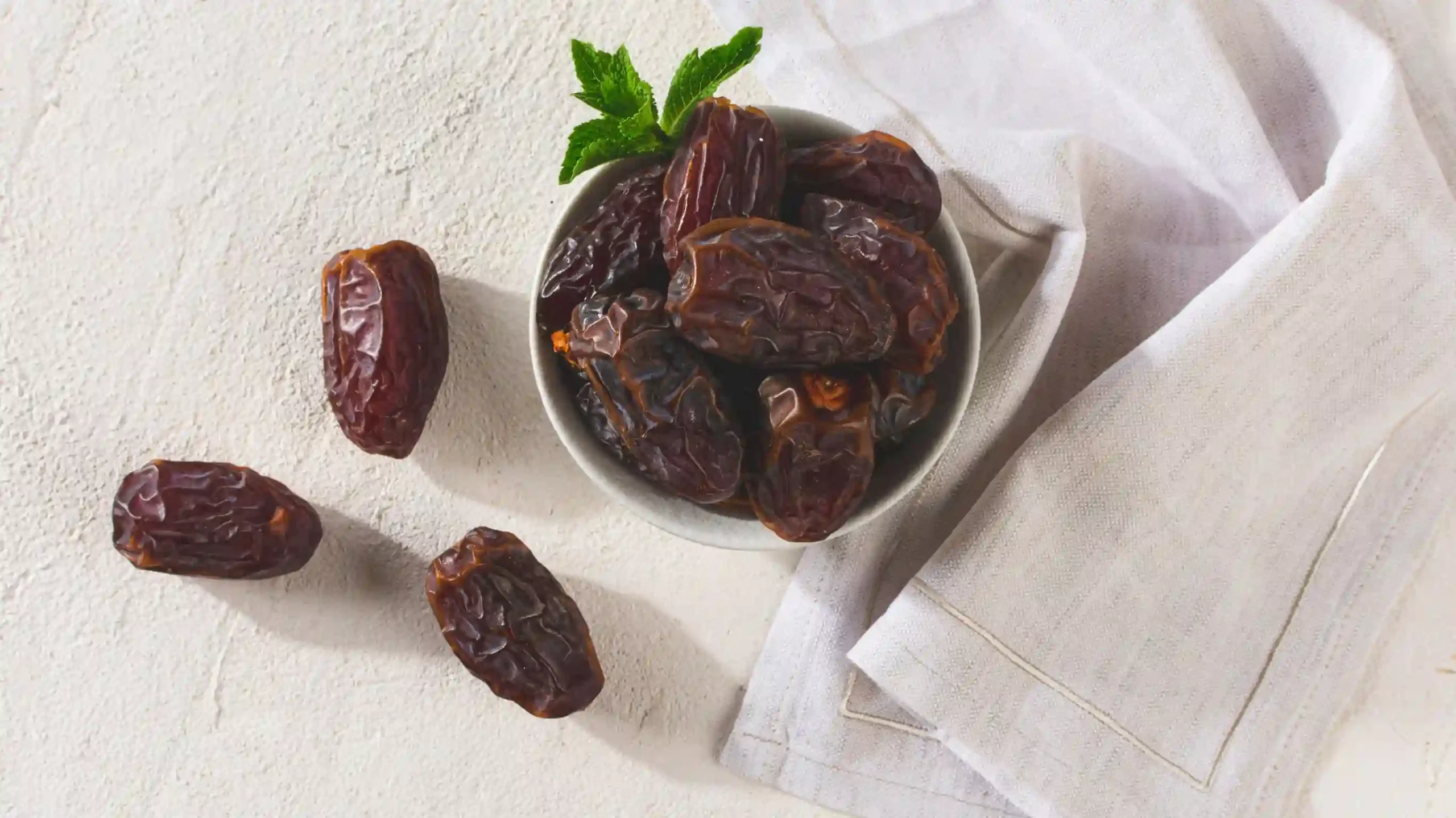
Dates are a winter essential for anyone in need of a quick energy boost. Sweet, chewy, and naturally rich in sugars, they’re like nature’s candy—but with the added bonus of nutrients.
Dates are high in fiber, making them great for digestion, and they’re also loaded with essential minerals like potassium, magnesium, and calcium. These minerals support bone health, muscle function, and overall energy production.
Dates are incredibly versatile. Use them to sweeten smoothies, bake them into energy bars, or enjoy them as a quick snack on their own. They’re also a fantastic natural sweetener for desserts, adding richness without the need for processed sugar.
8. Cranberries: Tiny but Powerful
Cranberries are small, tart, and packed with big health benefits. Best known for their ability to support urinary tract health, these little berries are also rich in antioxidants and vitamin C, making them a great choice for boosting your immune system.
Cranberries are incredibly versatile in the kitchen. Add dried cranberries to trail mix, bake fresh ones into muffins, or simmer them into a sauce to pair with savory dishes. Their tart flavor adds a delightful contrast to both sweet and savory recipes, making them a must-have ingredient during the winter months.
How to Make Winter Fruits Part of Your Routine
Winter fruits are like little pockets of sunshine during the colder months. From zesty citrus to sweet apples and juicy pomegranates, they’re not just delicious—they’re packed with nutrients to keep you feeling your best. But if you’re wondering how to make these seasonal treats a bigger part of your daily routine, you’re in the right place. Here are some simple, creative, and downright delicious ways to enjoy winter fruits all season long.
1. Upgrade Your Oatmeal Game
Oatmeal is the ultimate cozy breakfast during winter, and adding fresh fruits takes it to the next level. Start with a warm bowl of oats and top it with slices of apples, pears, or kiwis. For an extra boost, sprinkle in pomegranate seeds or dried cranberries for a pop of color and flavor.
If you’re feeling fancy, bake your oatmeal with diced fruits, cinnamon, and a drizzle of honey for a hearty, dessert-like breakfast. The natural sweetness of fruits pairs beautifully with the creamy texture of oats, creating a meal that’s not only comforting but also packed with fiber, vitamins, and antioxidants.
Pro Tip: Pre-chop your favorite winter fruits and store them in the fridge for an easy grab-and-go oatmeal topping.
2. Make a Big, Colorful Winter Fruit Salad
A winter fruit salad is a feast for the eyes and the taste buds. Combine slices of oranges, grapefruits, apples, and kiwis with a handful of pomegranate seeds and a sprinkle of dried cranberries. You can even add some chopped dates for a natural touch of sweetness.
For an extra twist, squeeze fresh lemon or lime juice over the salad to enhance the flavors. You’ll love how the tangy citrus balances the natural sweetness of the fruits. It’s refreshing, hydrating, and bursting with nutrients—a perfect pick-me-up on a cold day.
Winter fruit salads aren’t just for breakfast, either. Serve them as a side dish at lunch, as a light dessert after dinner, or even as a healthy snack in between meals. They’re versatile, easy to prepare, and guaranteed to brighten your day.
3. Blend Them into Smoothies
Winter fruits make amazing smoothies that are packed with flavor and nutrition. Blend oranges, grapefruits, or kiwis with frozen bananas for a creamy, tropical-inspired drink. Add spinach or kale for a green smoothie that’s as nourishing as it is delicious.
If you’re a fan of sweeter smoothies, try blending apples or pears with almond milk, cinnamon, and a handful of oats for a smoothie that tastes like apple pie in a glass. You can also toss in dates for a natural energy boost.
Smoothies are perfect for busy mornings or post-workout snacks, and they’re a great way to sneak more fruits into your diet without even thinking about it. Plus, the combinations are endless, so you’ll never get bored.
4. Bake Them into Pies, Crisps, or Muffins
Winter fruits are fantastic for baking. Whether you’re in the mood for a classic apple pie, a pear crisp, or cranberry muffins, there’s no shortage of ways to transform these fruits into warm, comforting treats.
For a healthier twist, use whole-grain flour, reduce the sugar, and let the natural sweetness of the fruits shine. You can also experiment with spices like cinnamon, nutmeg, and ginger to add depth to your baked creations.
Baking with winter fruits isn’t just about creating delicious desserts—it’s also a wonderful way to make your home feel warm and cozy. The aroma of apples and cinnamon baking in the oven is enough to make anyone’s day brighter.
5. Snack on Them As-Is
Sometimes, the simplest way to enjoy winter fruits is to eat them just as they are. There’s nothing quite like biting into a crisp apple or peeling a juicy orange for an afternoon snack.
Keep a bowl of fresh fruits on your kitchen counter or dining table so they’re always within reach. This simple trick can make you more likely to grab a healthy snack when hunger strikes.
If you’re looking for a little variety, pair your fruits with nut butter, yogurt, or a sprinkle of granola. Apples and peanut butter, for example, make an irresistible combo that’s both filling and satisfying.
6. Freeze Extras to Enjoy Later
Winter fruits are so good that you’ll want to enjoy them even after the season ends. The solution? Freeze them!
Peel and slice fruits like oranges, grapefruits, kiwis, and apples, and store them in freezer-safe bags. Pomegranate seeds can also be frozen as-is. These frozen fruits are perfect for blending into smoothies, stirring into oatmeal, or simply enjoying as a frozen snack.
Freezing fruits not only reduces waste but also ensures you have a stash of healthy options on hand year-round. It’s a simple yet effective way to make the most of winter’s bounty.
Why Make Winter Fruits Part of Your Routine?
Incorporating winter fruits into your daily life isn’t just about enjoying their delicious flavors—it’s about reaping their incredible health benefits. These seasonal gems are packed with essential nutrients like vitamin C, antioxidants, and fiber, all of which play a crucial role in keeping your body healthy during the colder months.
Whether you’re looking to boost your immune system, support digestion, or simply add more natural sweetness to your meals, winter fruits have got you covered. Plus, their vibrant colors and refreshing flavors are a much-needed antidote to winter’s gray skies.
Final Thoughts
Winter fruits are a seasonal treasure that can transform your meals, snacks, and even your mood. From cozy oatmeal bowls to colorful salads and warm baked desserts, there are endless ways to enjoy these fruits and make them a regular part of your routine.
So, the next time you’re at the grocery store or farmers’ market, stock up on your favorite winter fruits and get creative in the kitchen. Your taste senses and your body will appreciate it.
Which of these ideas are you excited to try first? Let us know how you plan to enjoy winter fruits this season!
Conclusion: Celebrate the Season with Winter Fruits
Winter may not be the season for bright blooms or sunny skies, but it offers something equally wonderful—an abundance of delicious, nutritious fruits that are perfectly tailored to meet our needs during the colder months. These seasonal gems are more than just food; they’re a way to nourish your body, boost your mood, and truly connect with the unique beauty of winter.
Winter fruits are a testament to nature’s thoughtfulness. Just when the days grow darker and colder, these fruits step in with their vibrant colors, juicy flavors, and nutrient-packed goodness. From the immunity-boosting power of citrus to the comforting sweetness of apples and pears, they’re here to help us stay healthy and energized throughout the season.
But their impact goes beyond health. Winter fruits also bring a sense of joy and warmth to our daily lives. There’s something inherently comforting about peeling a sweet, juicy orange on a frosty morning or savoring a baked apple sprinkled with cinnamon on a cold evening. They remind us that even in the midst of winter’s chill, there are simple pleasures to be found.
Why Winter Fruits Are Worth Celebrating
What makes winter fruits so special is how they seem perfectly designed to complement the season. When our immune systems are more vulnerable, fruits like oranges, grapefruits, and kiwis deliver a hefty dose of vitamin C to keep us strong. When we’re craving energy and comfort, apples, pears, and dates step in with their natural sugars and fiber to sustain us.
Winter fruits also have a unique way of connecting us to the rhythms of the earth. Eating what’s in season not only ensures you’re getting the freshest and most flavorful produce, but it also fosters a deeper appreciation for nature’s cycles. There’s a sense of harmony in enjoying a fruit at its peak, knowing it’s been nurtured by the season itself.
And let’s not forget their versatility. Winter fruits can be enjoyed in so many ways—fresh, baked, juiced, blended, or even frozen for later. Whether you’re making a hearty fruit salad, blending a citrus smoothie, or adding pomegranate seeds to a warm winter dish, these fruits have a way of elevating any meal.
A Way to Connect and Share
Winter fruits also have a way of bringing people together. Sharing a big bowl of colorful fruit salad or baking a pear tart for loved ones is a simple yet meaningful way to create warmth and connection during the season. They’re a reminder that food is not just sustenance—it’s a way to bond, celebrate, and make memories.
So, what’s your favorite winter fruit? Is it the sweet juiciness of an orange, the tart punch of cranberries, or the chewy, caramel-like richness of a date? Share your favorite in the comments—we’d love to hear how you enjoy these seasonal delights.
Embrace the Gift of Winter Fruits
In a season that can sometimes feel cold and gray, winter fruits are a vibrant reminder of the beauty and abundance that nature provides. They’re more than just a way to stay healthy—they’re a way to savor the season, connect with others, and find joy in the simplest things.
So, this winter, celebrate the gift of seasonal fruits. Try something new, experiment with recipes, or simply enjoy the timeless pleasure of biting into a fresh, juicy piece of fruit. Winter fruits are a gift worth cherishing—so make the most of them and let them brighten your season.




